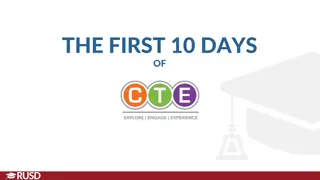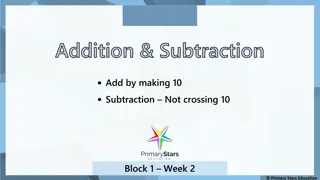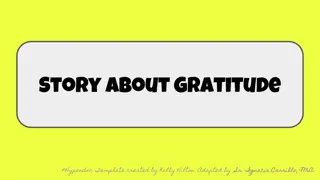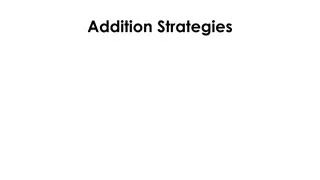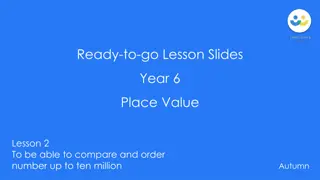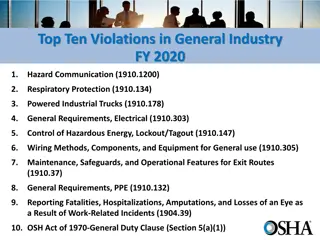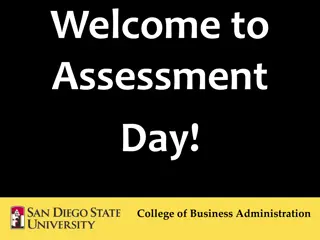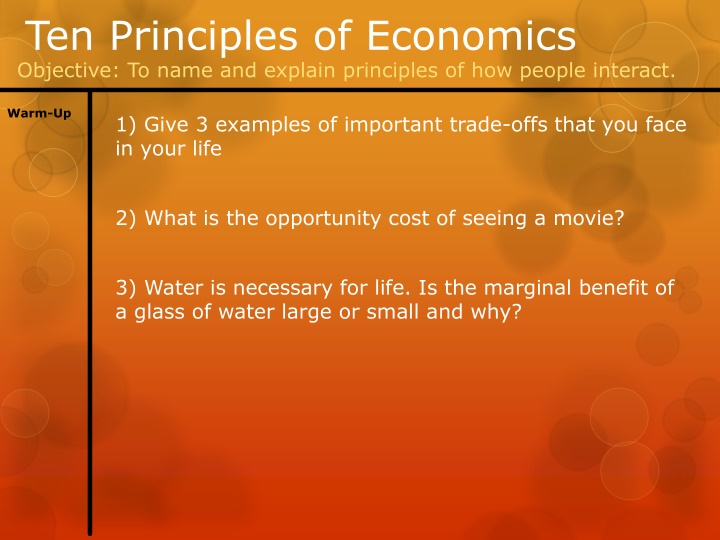
Principles of How People Interact in Economics
Learn about the principles of how people interact in economics, including trade-offs, opportunity costs, and the benefits of trade and markets. Explore how trade can make everyone better off, why markets are a good way to organize economic activity, and the role of the invisible hand in promoting general economic well-being.
Download Presentation

Please find below an Image/Link to download the presentation.
The content on the website is provided AS IS for your information and personal use only. It may not be sold, licensed, or shared on other websites without obtaining consent from the author. If you encounter any issues during the download, it is possible that the publisher has removed the file from their server.
You are allowed to download the files provided on this website for personal or commercial use, subject to the condition that they are used lawfully. All files are the property of their respective owners.
The content on the website is provided AS IS for your information and personal use only. It may not be sold, licensed, or shared on other websites without obtaining consent from the author.
E N D
Presentation Transcript
Ten Principles of Economics Objective: To name and explain principles of how people interact. Warm-Up 1) Give 3 examples of important trade-offs that you face in your life 2) What is the opportunity cost of seeing a movie? 3) Water is necessary for life. Is the marginal benefit of a glass of water large or small and why?
Group Task In your groups, your will be responsible for teaching the class about why people make decisions. Create a lesson on your whiteboards for the class and decide how you will teach your mini lesson. Examples: Key Ideas Provided Examples Your own real world examples or experiences
The principles of HOW PEOPLE INTERACT
HOW PEOPLE INTERACT Principle #5: Trade Can Make Everyone Better Off Rather than being self-sufficient, people can specialize in producing one good or service and exchange it for other goods. Countries also benefit from trade & specialization: Get a better price abroad for goods they produce Buy other goods more cheaply from abroad than could be produced at home TEN PRINCIPLES OF ECONOMICS 4
HOW PEOPLE INTERACT Principle #6: Markets Are Usually A Good Way to Organize Economic Activity Market: a group of buyers and sellers (need not be in a single location) Organize economic activity means determining what goods to produce how to produce them how much of each to produce who gets them TEN PRINCIPLES OF ECONOMICS 5
HOW PEOPLE INTERACT Principle #6: Markets Are Usually A Good Way to Organize Economic Activity A market economy allocates resources through the decentralized decisions of many households and firms as they interact in markets. Famous insight by Adam Smith in The Wealth of Nations (1776): Each of these households and firms acts as if led by an invisible hand to promote general economic well-being. TEN PRINCIPLES OF ECONOMICS 6
HOW PEOPLE INTERACT Principle #6: Markets Are Usually A Good Way to Organize Economic Activity The invisible hand works through the price system: The interaction of buyers and sellers determines prices. Each price reflects the good s value to buyers and the cost of producing the good. Prices guide self-interested households and firms to make decisions that, in many cases, maximize society s economic well-being. TEN PRINCIPLES OF ECONOMICS 7
HOW PEOPLE INTERACT Principle #7: Governments Can Sometimes Improve Market Outcomes Important role for govt: enforce property rights (with police, courts) People are less inclined to work, produce, invest, or purchase if large risk of their property being stolen. TEN PRINCIPLES OF ECONOMICS 8
HOW PEOPLE INTERACT Principle #7: Governments Can Sometimes Improve Market Outcomes Market failure:when the market fails to allocate society s resources efficiently Causes: Externalities, when the production or consumption of a good affects bystanders (e.g. pollution) Market power, a single buyer or seller has substantial influence on market price (e.g. monopoly) TEN PRINCIPLES OF ECONOMICS In such cases, public policy may promote efficiency. 9
HOW PEOPLE INTERACT Principle #7: Governments Can Sometimes Improve Market Outcomes Govt may alter market outcome to promote equity If the market s distribution of economic well-being is not desirable, tax or welfare policies can change how the economic pie is divided. TEN PRINCIPLES OF ECONOMICS 10
A C T I V E L E A R N I N G 2 Discussion Questions In each of the following situations, what is the government s role? Does the government s intervention improve the outcome? a.Public schools for K-12 b.Workplace safety regulations 11



